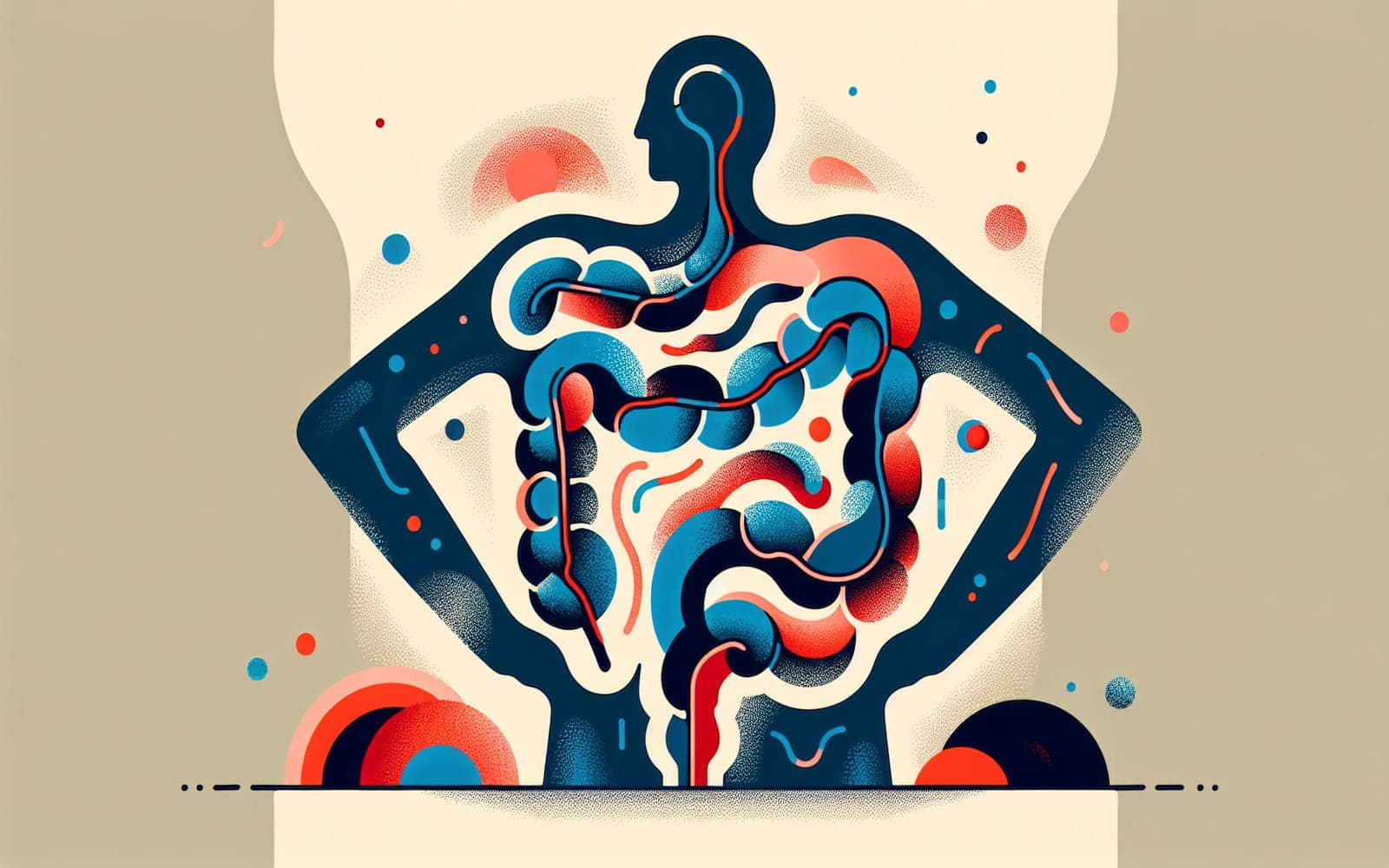Why Is Colonic Diverticular Bleeding So Common?
Published: Jan 24, 2024
Colonic diverticular bleeding is a frequent cause of sudden, noticeable bleeding in adults' digestive systems. Understanding what causes this condition and how it presents can help in managing it effectively.
Contents
Understanding the Basics
Colonic diverticular bleeding occurs when small pouches in the colon, known as diverticula, cause bleeding. These pouches become problematic when they affect blood vessels, leading to sudden bleeding. The condition is common in older adults, particularly those over 70 years old, and can be influenced by factors like obesity and the use of nonsteroidal anti-inflammatory drugs.
What It Looks Like
This type of bleeding is usually painless and results in the passage of large volumes of red or maroon-colored blood through the rectum. This can be alarming, but the bleeding often stops on its own. Rarely, patients may experience symptoms such as bloating or cramping due to the presence of blood in the colon.

Why It's Hard to Diagnose
Diagnosing colonic diverticular bleeding can be tricky since it shares symptoms with other conditions like hemorrhoids or other gastrointestinal disorders. Colonoscopy is typically used to confirm the diagnosis, but sometimes other imaging techniques are necessary if the bleeding is severe.
Frequently Asked Questions
It's caused by the rupture of blood vessels in diverticula, small pouches in the colon.
While alarming, the bleeding often stops on its own, but severe cases require medical attention.
Older adults, especially those taking NSAIDs or who are obese, are at higher risk.
Colonoscopy is the main diagnostic tool, sometimes supplemented by other imaging methods.
Key Takeaways
Recognizing the signs of colonic diverticular bleeding can prompt timely medical intervention and management.
Get started by discussing any symptoms with Doctronic to ensure proper care and prevention.Related Articles
References
Oakland K, Chadwick G, East JE, et al. Diagnosis and management of acute lower gastrointestinal bleeding: guidelines from the British Society of Gastroenterology. Gut 2019; 68:776.
Nagata N, Kobayashi K, Yamauchi A, et al. Identifying Bleeding Etiologies by Endoscopy Affected Outcomes in 10,342 Cases With Hematochezia: CODE BLUE-J Study. Am J Gastroenterol 2021; 116:2222.
Always discuss health information with your healthcare provider.

